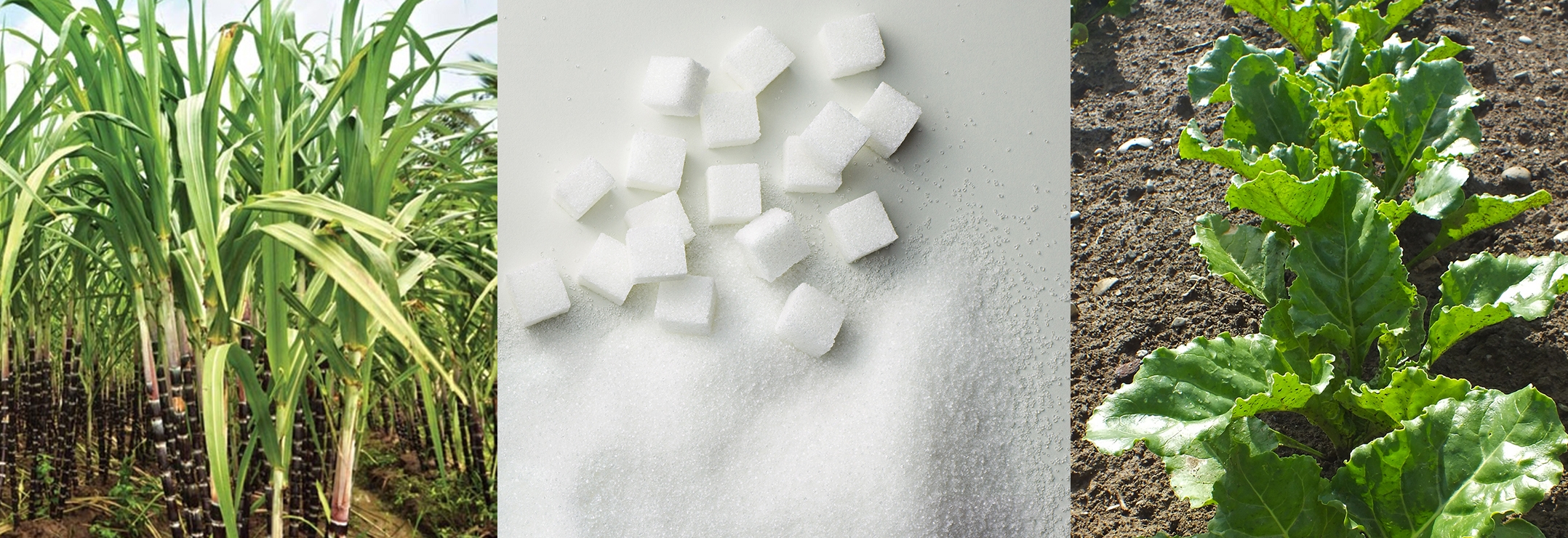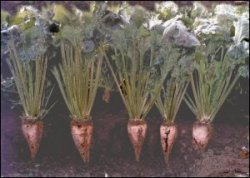Beet Sugar vs Cane: Which One Offers Better Environmental Impact?
Beet Sugar vs Cane: Which One Offers Better Environmental Impact?
Blog Article
The Terrific Argument: Beetroot Sugar Vs Walking Cane and Their Effect on Health And Wellness
The ongoing dispute bordering beet sugar and walking stick sugar elevates crucial concerns regarding their respective health and wellness influences and broader ramifications for consumer options. While both sugar share a similar chemical structure, their beginnings and handling methods may affect not just nutrition however likewise ecological sustainability. As health-conscious individuals evaluate the advantages of each option, the ramifications of pesticide direct exposure and farming techniques come right into emphasis. This conversation welcomes us to think about not simply the sweet taste we select, however the significant impacts of those options on our health and wellness and the world. What might this mean for future usage patterns?
Review of Sugar Sources
Sugar, a widely consumed sweetener, mostly originates from two major sources: sugar beetroots and sugar cane. These crops are cultivated in different regions all over the world, each adding to the global sugar supply in unique means. Sugar cane thrives in subtropical and tropical environments, with significant producers including Brazil, India, and China. The plant is gathered for its stalks, which are after that refined to remove juice and crystallize sugar.
Conversely, sugar beetroots are mostly expanded in temperate areas, with considerable production in nations such as the United States, France, and Germany. The beets are collected from the ground, cut, and based on a process that converts the removed juice into granulated sugar. While both sugar resources inevitably generate sucrose, their agricultural methods, processing techniques, and geographic circulations differ significantly.
These differences can influence not just the environmental impact of sugar production yet likewise the economic aspects of sugar rates and profession. Understanding the origins of these sugar is important for customers and policymakers alike, as it lays the foundation for informed conversations concerning their wellness implications and sustainability.
Nutritional Contrast
When examining the nutritional profiles of beet sugar and cane sugar, both sources share a comparable make-up as they primarily are composed of sucrose. Sucrose is a disaccharide, composed of glucose and fructose, and is accountable for the sweet taste related to both sugars. The refining processes for both beet and cane sugar yield products that are predominantly pure sucrose, with marginal traces of vitamins, minerals, or various other nutrients.
In terms of calorie content, both beet and cane sugars give approximately 4 calories per gram. Neither kind of sugar uses considerable dietary benefits past energy arrangement, as they lack crucial vitamins or minerals. Nonetheless, the visibility of micronutrient, such as potassium, calcium, and magnesium, can differ somewhat in between the 2, mostly as a result of the farming methods and soil problems in which they are grown.
Furthermore, the glycemic index worths of beet sugar and walking cane sugar are equivalent, showing comparable results on blood sugar degrees. Generally, from a dietary viewpoint, beetroot and walking stick sugars are functionally equal, contributing mainly to caloric intake without offering substantial health advantages over each other.
Wellness Effects
The health and wellness effects of consuming beetroot sugar and walking stick sugar warrant cautious consideration, especially offered the increasing occurrence of sugar-related health and wellness issues. Both types of sugar add comparable caloric values and can bring about raised threats of weight problems, type 2 diabetes, and heart diseases when eaten over. The body metabolizes both sugars into sugar, which can trigger spikes in blood sugar degrees, leading to insulin resistance in time.
While there is continuous argument regarding the glycemic index of these sugars, studies suggest that both can negatively affect metabolic health and wellness if eaten in big quantities. beet sugar vs cane. Furthermore, the prospective presence of impurities in beet sugar, such as chemicals from traditional farming methods, elevates further wellness issues. Conversely, cane sugar, especially when minimally processed, might provide pop over to this web-site a somewhat much more beneficial account because of its all-natural state
Additionally, the consumption of sugarcoated, despite the source, is connected to adverse health and wellness outcomes, including oral issues and fatty liver illness. Moderation is critical, and individuals should be mindful of their complete sugar intake from all resources, inevitably prioritizing whole foods over added sugars for optimum health and wellness end results.
Ecological Impact
Comprehending the wellness effects of beetroot and walking cane sugar also results in an assessment of their ecological effect, which can dramatically affect agricultural sustainability and ecological balance. Both sugar resources have distinct environmental footprints, shaped by their cultivation practices and geographical demands.

In comparison, beetroot sugar is typically expanded in pleasant environments and often involves diverse crop rotations. This method can boost dirt wellness and lower reliance on chemical inputs. Intensive beet farming can also lead to nutrient exhaustion and parasite stress if not taken care of sustainably.
Both sugar kinds existing difficulties and possibilities for ecological stewardship. Advertising sustainable agricultural practices and responsible sourcing can mitigate their effects, making sure that sugar production aligns with ecological conservation and lasting food protection.
Customer Preferences
In the middle of expanding understanding of health and environmental concerns, customer preferences for sugar types are progressively influenced by perceptions of wellness benefits, sustainability, and moral sourcing. Beetroot sugar and walking cane sugar each existing one-of-a-kind characteristics that appeal to various customer demographics.
Health-conscious customers commonly scrutinize the dietary accounts of these sugars, seeking choices perceived as much less processed or even more natural. Walking cane sugar, usually pertained to as the typical sweetener, is often favored for its regarded purity and simpleness. In contrast, beet sugar, which is frequently acquired from genetically this content modified crops, deals with hesitation among those concerned concerning GMOs.
Sustainability is another considerable element influencing customer options. As understanding of agricultural techniques grows, lots of consumers go with items that align with ecologically friendly farming approaches. Cane sugar manufacturing, specifically when sourced from sustainable ranches, can appeal to eco-conscious purchasers.
Moral sourcing plays an important role as well, with consumers significantly preferring products that sustain check out here reasonable labor methods. Qualifications such as Fair Profession can boost the attractiveness of walking stick sugar in the marketplace. Inevitably, consumer preferences are formed by a complicated interaction of wellness, environmental, and honest considerations, driving need for both beetroot and walking cane sugars in diverse markets.
Conclusion
In final thought, the discussion in between beet sugar and walking stick sugar includes numerous variables, consisting of dietary profiles, health and wellness ramifications, and environmental effects. beet sugar vs cane. While both sugars mostly are composed of sucrose and display similar calorie web content, issues pertaining to chemical use in beetroot sugar and the eco-friendly influence of cane sugar monoculture warrant mindful factor to consider. As customers significantly prioritize sustainability and wellness, educated options relating to sugar usage become vital in promoting total wellness and environmental stewardship

Report this page